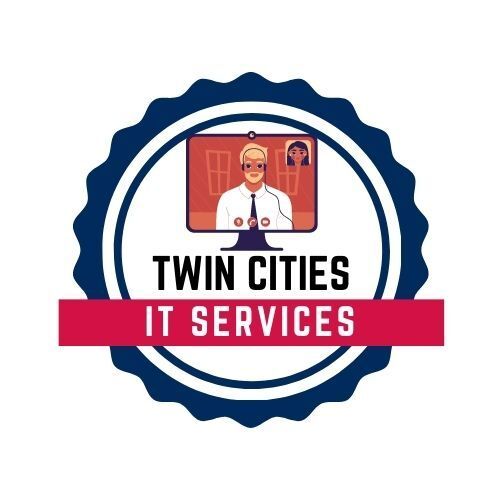Call Us 612-441-2752
What is RPA?
Robotic Process Automation (RPA) is the use of software robots to automate some of the activities in a business process. The growth in RPA automation has been viewed as an important driver for productivity and cost savings.
RPA is an emerging technology that will provide higher productivity, improved responsiveness, and cost savings. This technology also provides opportunities for businesses to automate routine tasks and handle more complex functions with less human intervention.
Real-time processing: The ability to monitor processes and continuously analyze information collected from each step of the process in real-time. This increases efficiency and productivity by eliminating bottlenecks.
Robots are able to think ahead to avoid mistakes made during normal human activity.
What is the Role of RPA in Your Business?
RPA is software that can automate a lot of work for business owners. It is usually programmed to complete repetitive and mundane tasks such as data entry. RPA has the capability to learn from previous behavior and adjust accordingly. With an RPA, companies can potentially have more time to focus on other areas of their business by eliminating the need for human workers.
A lot of businesses are turning to automation in order to reduce costs and increase efficiency. This includes digital agencies too. Just about any business can benefit from some sort of automation.
Though, it is important not to replace human labor with automation too quickly as it can lead to job losses that would be difficult for society and workers in general. The automation isn’t perfect in some areas and will need human oversight to ensure everything is entered properly. However, it is much faster than it would be for the human to do the entire process.
How Does Process Automation Work?
Process Automation is the use of technology to create a process that can be repeated independently by a computer program.
In order to be effective, process automation should be used in a way that doesn't completely replace human workers. It should also help human workers become more efficient when they are already doing their work.
How to Avoid RPA Implementation Pitfalls
Companies are continuously looking for ways to increase productivity and reduce costs. One popular technology that is gaining traction is RPA (Robotic Process Automation). RPA offers a way of automating business processes. But there are a few key things that all companies need to do in order to avoid implementation pitfalls.
The first thing is to identify the tasks you want the technology to perform. Next, it's important to think about the context in which those tasks are performed. For example, if you want RPA to calculate tax liabilities or sales commissions, these calculations should be done for a single customer rather than across all customers. Since each client would have different liabilities that need to be considered. Treat each client as their own entity so that you get the proper results.
RPA has the potential to change many aspects of how businesses work today. The best way to avoid pitfalls and ensure that your systems are set up and ready for data entry is to call on the professionals that you can trust. We work with businesses to set up systems that will help compute various things, help with the production of products and so much more. We take the time to go over what systems you are looking at automating and what options are available. Minneapolis IT Services understands that understanding this technology in great detail isn’t for everyone. It can be complex and overwhelming to some, which is why we break everything down into layman’s terms.
Why Robotic Process Automation is a Tool for Success
RPA is beneficial on a number of levels. It helps generate and organize content and gives businesses time to focus on other tasks. It can assist with production and so many other aspects of the business world.
RPA is a tool that can help businesses optimize their workflows through automation. This automation allows for more efficient workflows where the business can focus on key tasks rather than managing low-level processes.
There are many benefits to implementing automation, the only thing stopping you from reaping these is not calling. Call today and let us take a look at your processes and see what we have that could help get you better output and ROI.
We are happy to take a look at your current systems and offer up some suggestions to improve it. There are actually a lot of ways that you can automate your business but many of our clients are not aware of the latest technology. If you have been in business for years and are still doing things like you always have, it is time to get out and see what technology can do to improve your systems. Call now.
About Us
We have been providing managed IT services for companies for years.
Contact info
2940 Oakland Ave, Minneapolis, Minnesota, United States

